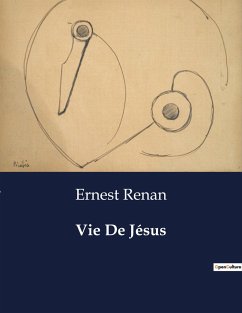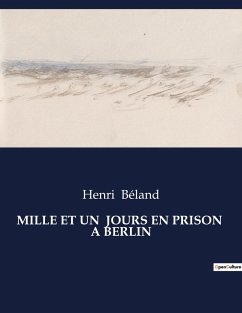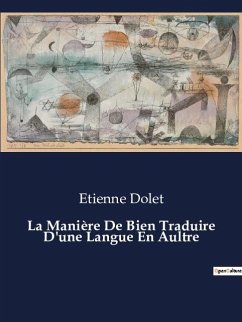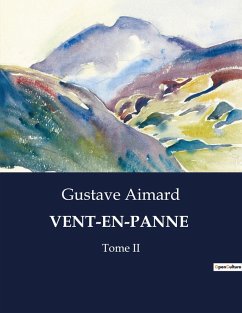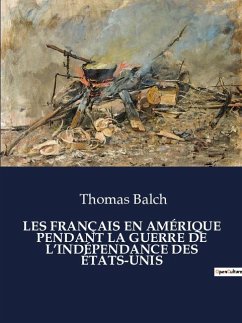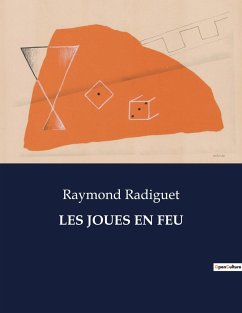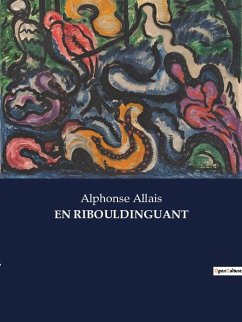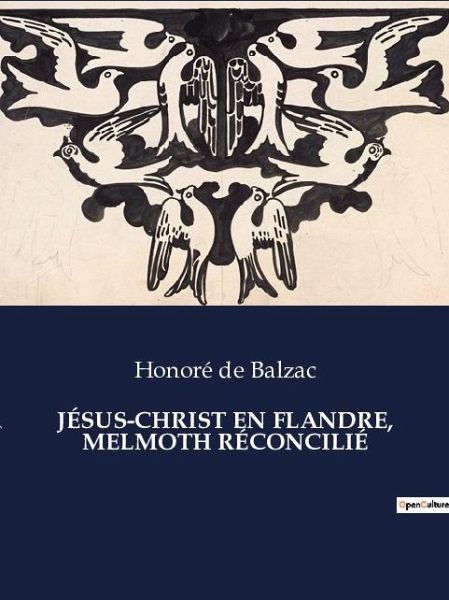
JÉSUS-CHRIST EN FLANDRE, MELMOTH RÉCONCILIÉ
Versandkostenfrei!
Versandfertig in 1-2 Wochen
9,99 €
inkl. MwSt.

PAYBACK Punkte
0 °P sammeln!
"Jésus-Christ en Flandre, Melmoth réconcilié" d'Honoré de Balzac est un recueil qui regroupe deux courtes histoires distinctes. Le premier récit, "Jésus-Christ en Flandre", présente une vision fictive de la vie de Jésus dans un contexte flamand. Le second récit, "Melmoth réconcilié", est une continuation du roman gothique "Melmoth the Wanderer" de Charles Maturin, où Balzac explore les thèmes du surnaturel et de la rédemption. "Jésus-Christ en Flandre" propose une réinvention de la vie de Jésus, plaçant le personnage biblique dans un cadre historique flamand. Balzac explore l...
"Jésus-Christ en Flandre, Melmoth réconcilié" d'Honoré de Balzac est un recueil qui regroupe deux courtes histoires distinctes. Le premier récit, "Jésus-Christ en Flandre", présente une vision fictive de la vie de Jésus dans un contexte flamand. Le second récit, "Melmoth réconcilié", est une continuation du roman gothique "Melmoth the Wanderer" de Charles Maturin, où Balzac explore les thèmes du surnaturel et de la rédemption. "Jésus-Christ en Flandre" propose une réinvention de la vie de Jésus, plaçant le personnage biblique dans un cadre historique flamand. Balzac explore les interactions entre le divin et l'humain, tout en offrant une réflexion sur la foi et la spiritualité. "Melmoth réconcilié" poursuit l'histoire du personnage tourmenté Melmoth, qui a vendu son âme au diable. Dans ce récit, Balzac explore la rédemption et la possibilité de se libérer du pacte avec le diable. L'auteur aborde des thèmes tels que la culpabilité, le repentir et la quête de salut.





